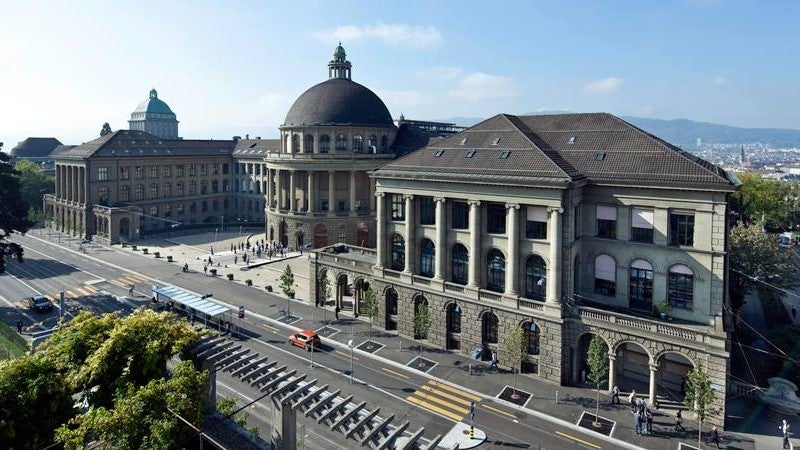Mainland Europe’s universities present ‘mixed picture’ in reputation rankings due to Asian success
As Netherlands loses four out of five universities on last year, Germany - for the first time - acquires six in the top 90

Your support helps us to tell the story
From reproductive rights to climate change to Big Tech, The Independent is on the ground when the story is developing. Whether it's investigating the financials of Elon Musk's pro-Trump PAC or producing our latest documentary, 'The A Word', which shines a light on the American women fighting for reproductive rights, we know how important it is to parse out the facts from the messaging.
At such a critical moment in US history, we need reporters on the ground. Your donation allows us to keep sending journalists to speak to both sides of the story.
The Independent is trusted by Americans across the entire political spectrum. And unlike many other quality news outlets, we choose not to lock Americans out of our reporting and analysis with paywalls. We believe quality journalism should be available to everyone, paid for by those who can afford it.
Your support makes all the difference.Continental Europe’s universities have presented a “mixed picture” in this year’s Times Higher Education (THE) World Reputation Rankings, largely down to the success of institutions from across Asia.
While four of Germany’s six institutions have dropped down the complete 100 list of the world’s most reputable universities, this year is the first time there are six German institutions within the top 90.
This marks a “generally positive” trend, said THE, since four German universities appeared in the first set of reputation rankings in 2011.
Top 10 reputable universities in mainland Europe:
(with accompanying world ranking)
- ETH Zürich (Switzerland - 19)
- Lomonosov Moscow State University (Russia - =30)
- LMU Munich (Germany - =40)
- École Polytechnique (Switzerland - 48)
- Delft University of Technology (Netherlands - 51-60)
- Heidelberg University (Germany - 51-60)
- Humboldt University of Berlin (Germany - 51-60)
- Karolinska Institute (Sweden - 51-60)
- Technical University of Munich (51-60)
- University of Amsterdam (Netherlands 61-70)
With the UK having lost two institutions - Bristol and Durham - the Netherlands has also dropped back, with four of its five losing their positions in the list.
Denmark and Finland, meanwhile, no longer make the top 100 at all, despite having one university each in last year’s rankings. However, Sweden has two universities in the top 100 for the first time since 2013, up from a single representative last year.
France has also seen a strong performance with five of the nation’s institutions making the top 100 this year, and Insead in Fontainebleau making its first appearance.
In many cases, THE said European universities achieved similar or higher scores than last year, but failed to improve as rapidly as those across Asia. Where last year, ten Asian universities made the top 100, this year, 18 have made the cut.
Editor of the rankings, Phil Baty, described how the rise of Asia has become “something of a cliché” in recent times.
However, he said THE’s evidence - from six large global surveys over six years, including the views of more than 80,000 scholars - proves that the balance of power in higher education and research is “slowly shifting from the West to the East.”
Mr Baty also described how reputation is “the global currency” of higher education, and said: “It may be subjective, it may not always be fair, but it matters deeply.”
Making reference to the top six universities in the complete 100 list - which consist of four US and two UK institutions - Mr Baty said: “The clear lesson is that we have a firmly entrenched elite group of global university superbrands.”
Click here to see the complete 100 list
Join our commenting forum
Join thought-provoking conversations, follow other Independent readers and see their replies
Comments